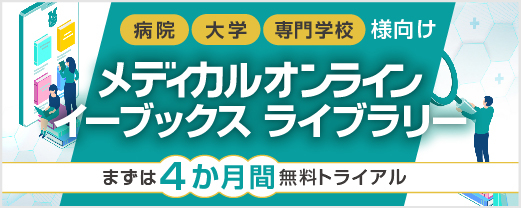| Title |
A case of maternal immunoglobulin therapy to prevent the development of neonatal alloimmune thrombocytopenia |
| Subtitle |
|
| Authors |
Tomo Yamagata1)2), Maya Komatsu1), Yoshitsugu Chigusa1), Yosuke Kawamura1)3), Sunao Matsuzaka1), Ayaka Yamaguchi1), Masahito Takakura1), Yusuke Ueda1), Haruta Mogami1), Masaki Mandai1) |
| Authors (kana) |
|
| Organization |
1)Department of Obstetrics and Gynecology, Kyoto University Hospital, 2)Department of Obstetrics and Gynecology, Toyooka Hospital, 3)Department of Obstetrics and Gynecology, Shiga General Hospital |
| Journal |
Journal of Japan Society of Perinatal and Neonatal Medicine
|
| Volume |
60
|
| Number |
2
|
| Page |
271-275 |
| Year/Month |
2024 / 9 |
| Article |
Report |
| Publisher |
Japan Society of Perinatal and Neonatal Medicine |
| Abstract |
Neonatal alloimmune thrombocytopenia (NAIT) is a rare but severe pregnancy-associated disease caused by human platelet antigen (HPA) incompatibility between the mother and fetus. The principal complication of NAIT is intracranial hemorrhage (ICH), which poses a substantial risk of perinatal mortality. Although the platelet counts of neonate tends to be lower during subsequent pregnancies following its manifestation during pregnancy with an older sibling, effective preventive perinatal management has not been established. In this report, we present the case of a 38-year-old woman, gravida 4 para 2. Her second child exhibited systemic petechial hemorrhage immediately after birth, accompanied by a platelet count of 30 * 10 3 / μ L. Anti-HPA- 4b antibodies were detected in the mother, and NAIT was suspected. During the subsequent conception with her third child, amniotic fluid analysis revealed the presence of HPA- 4 a/b in the fetus. Since there was concern that the baby might develop severe NAIT, intravenous immunoglobulin was administered every week starting at 30 weeks gestation, and the patient delivered the baby vaginally at 39 weeks gestation. The infant's platelet count was 60 * 10 3 / μ L, exhibiting spontaneous recovery with an absence of significant complications. When NAIT is suspected during pregnancy with an older sibling, HPA typing via amniocentesis and intravenous immunoglobulin therapy could emerge as promising strategies for enhancing the perinatal prognosis in subsequent pregnancies. |
| Practice |
Clinical surgery |
| Keywords |
Amniocentesis, human platelet antigen, intra cranial hemorrhage, intravenous immunoglobulin, neonatal alloimmune thrombocytopenia |


